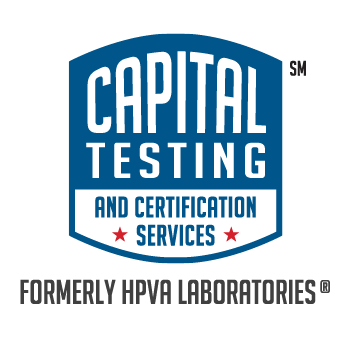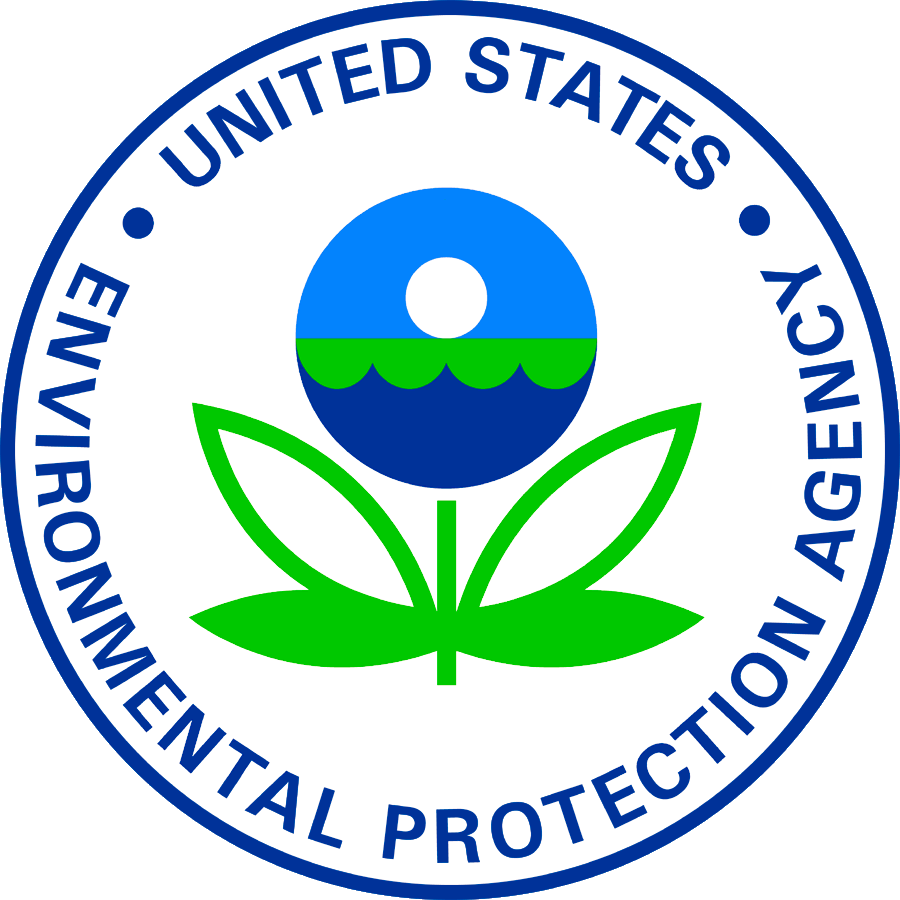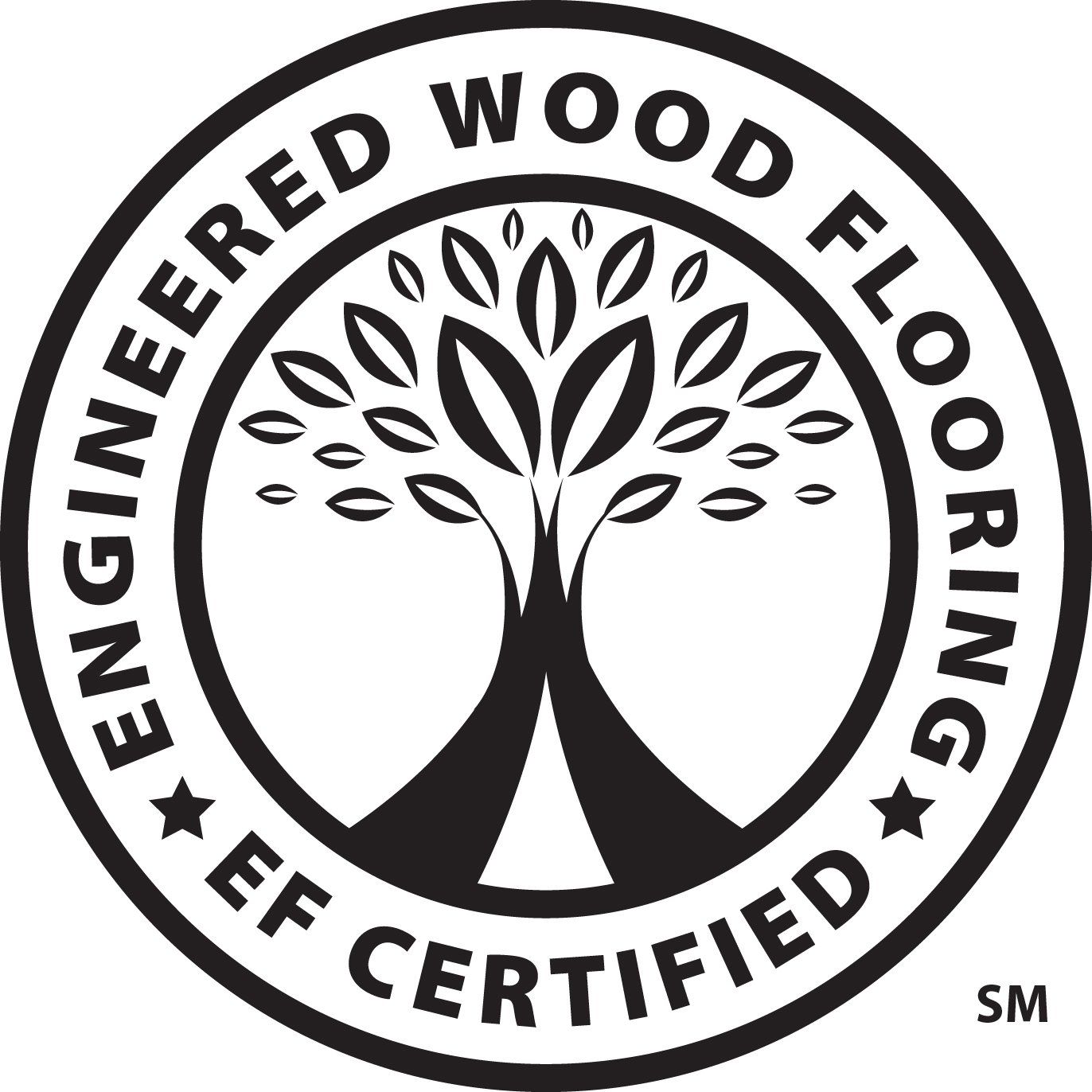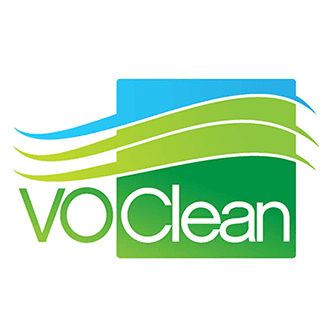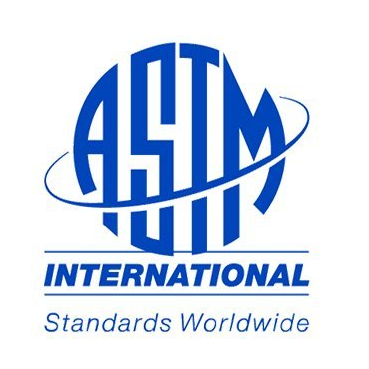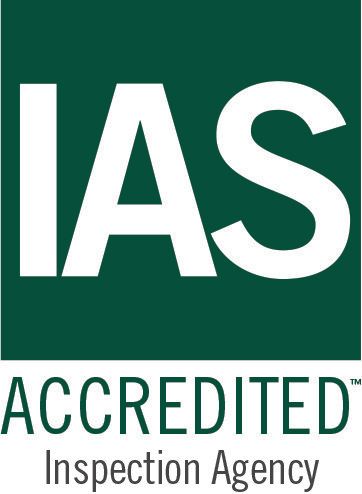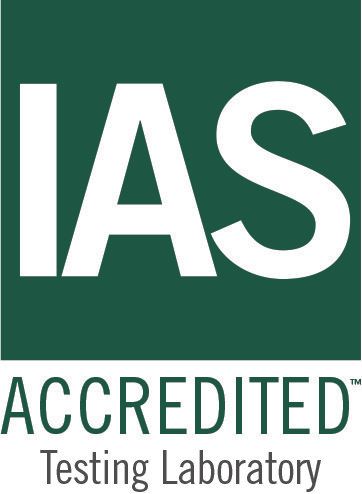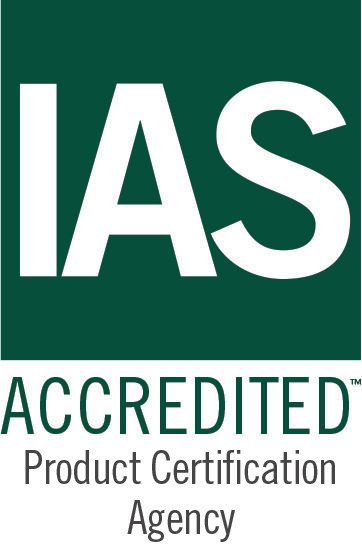your partner in testing and certification
SINCE 1954
ABOUT
CAPITAL TESTING
Capital Testing and Certification Services (formerly HPVA Laboratories) is a leader in providing testing services and developing industry standards. Our dedicated, professional staff has years of combined experience and expertise in wood science, fire science, analytical chemistry, and inspection and certification services.
LEARN MORE
FIRE
TESTING
Capital Testing offers large-scale and small scale fire tests for building products, transportation materials and military applications.
EMISSIONSTESTING
Capital Testing offers formaldehyde emissions testing as specified in the CARB 93120 ATCM and EPA TSCA Title VI regulations.
ENVIRONMENTALTESTING
Capital Testing offers two large-scale environmental chambers capable of testing products in challenging or even extreme temperature and humidity conditions.
Our Certification Programs
Capital Testing offers a suite of ISO 17065-accredited certification programs designed to help you prove compliance with regulatory requirements and national consensus standards.
Laboratory News
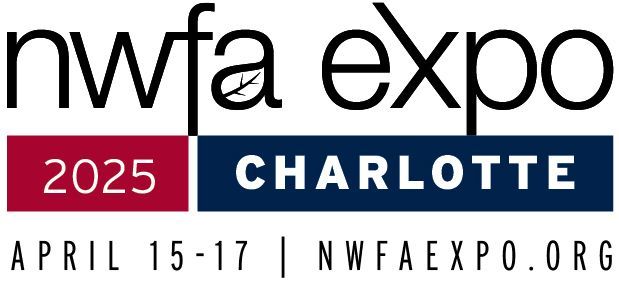
Capital Testing is exhibiting at the 2025 National Wood Flooring Association (NWFA) Expo in Charlotte, NC April 15-17th! Stop by booth #543 to talk to Managing Director Josh Hosen about how our testing and certification services can help you navigate some of the critical issues facing the engineered wood flooring industry today. Those issues include recent implementation of federal formaldehyde emissions requirements for laminated product producers, on-going supply chain issues related to import tariffs, and more. If you can't make it to the Expo but would still like to chat, reach out to Josh Hosen directly at josh@capitaltesting.org or 571-300-7050x1. More About Capital Testing Capital Testing is committed to being your one-stop shop for all of your testing and certification needs. Our recently-expanded physical properties lab services help you bring new flooring products to market and benchmark against the competition. Our formaldehyde and fire test lab services help verify your products meet federal regulations and building code requirements. Our certification programs are the whole package: they provide third-party confidence that your products comply with federal regulations and product standards while also differentiating your product in the marketplace and building customer confidence in the quality and safety of your product. Contact us today to discuss your needs!
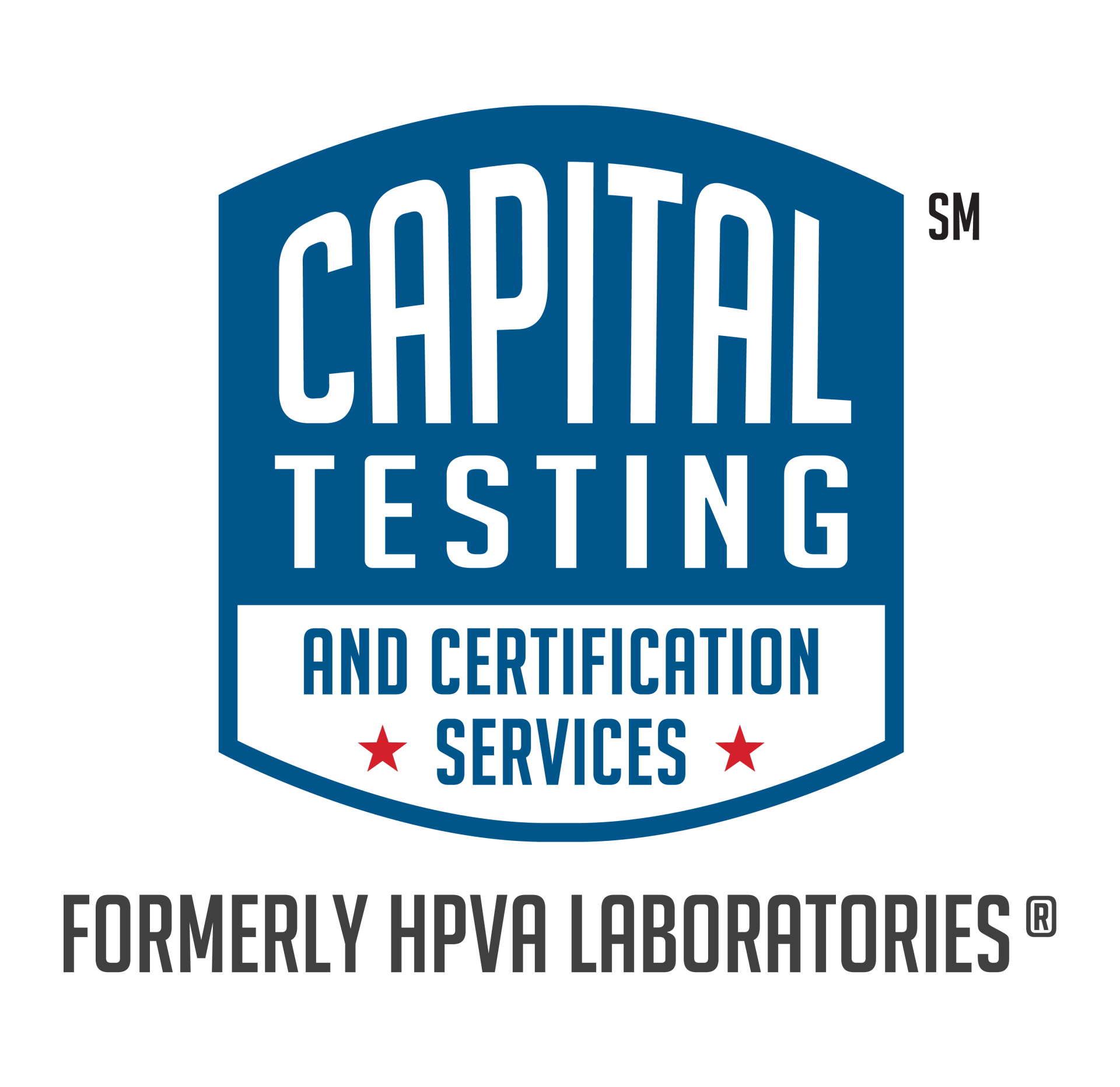
Capital Testing is proud to announce the following physical properties test methods are now covered under our ISO/IEC 17025 scope of accreditation: ASTM D2047 Static Coefficient of Friction (James Machine) ASTM D2394 Sections 18-23 Falling Ball Indentation ASTM D3330/D3330M Method F Tape Peel Test (90-degree) ASTM D3359 Coating Adhesion (“Crosshatch”) ASTM F1265 Resistance to Impact for Resilient Floor Tile ASTM F1914 Short-Term Indentation and Residual Indentation of Resilient Floor Covering EN 16094 Microscratch Test for Laminate Floor Coverings ISO 4918 Castor Chair This expansion is part of our continued commitment to meeting the needs of the wood, laminate, and resilient flooring markets. The methods align well with some of Capital Testing’s currently-accredited offerings that already support the flooring industry, including: ANSI/HPVA EF 2020 (Three Cycle Soak and Moisture Content) ASTM D523 Gloss ASTM D1037 Properties of Wood-Base Fiber and Particle Panel Materials (Janka Hardness, MOE/MOR, Nail Withdrawal) ASTM D4060 Abrasion Resistance (Taber) ASTM E648 Critical Radiant Flux of Floor Covering Systems ASTM E662 Specific Optical Density of Smoke (Smoke Box) ASTM F1515 Light Stability of Resilient Flooring by Color Change (Xenon Arc) CAN/ULC S102.2 (Canadian Flame Spread Test for Flooring) Whether you are developing new flooring products or just benchmarking against the competition, Capital Testing is here to help. To learn more about these tests or to request a quote, contact experts@capitaltesting.org. To view our updated scope of accreditation, visit here .
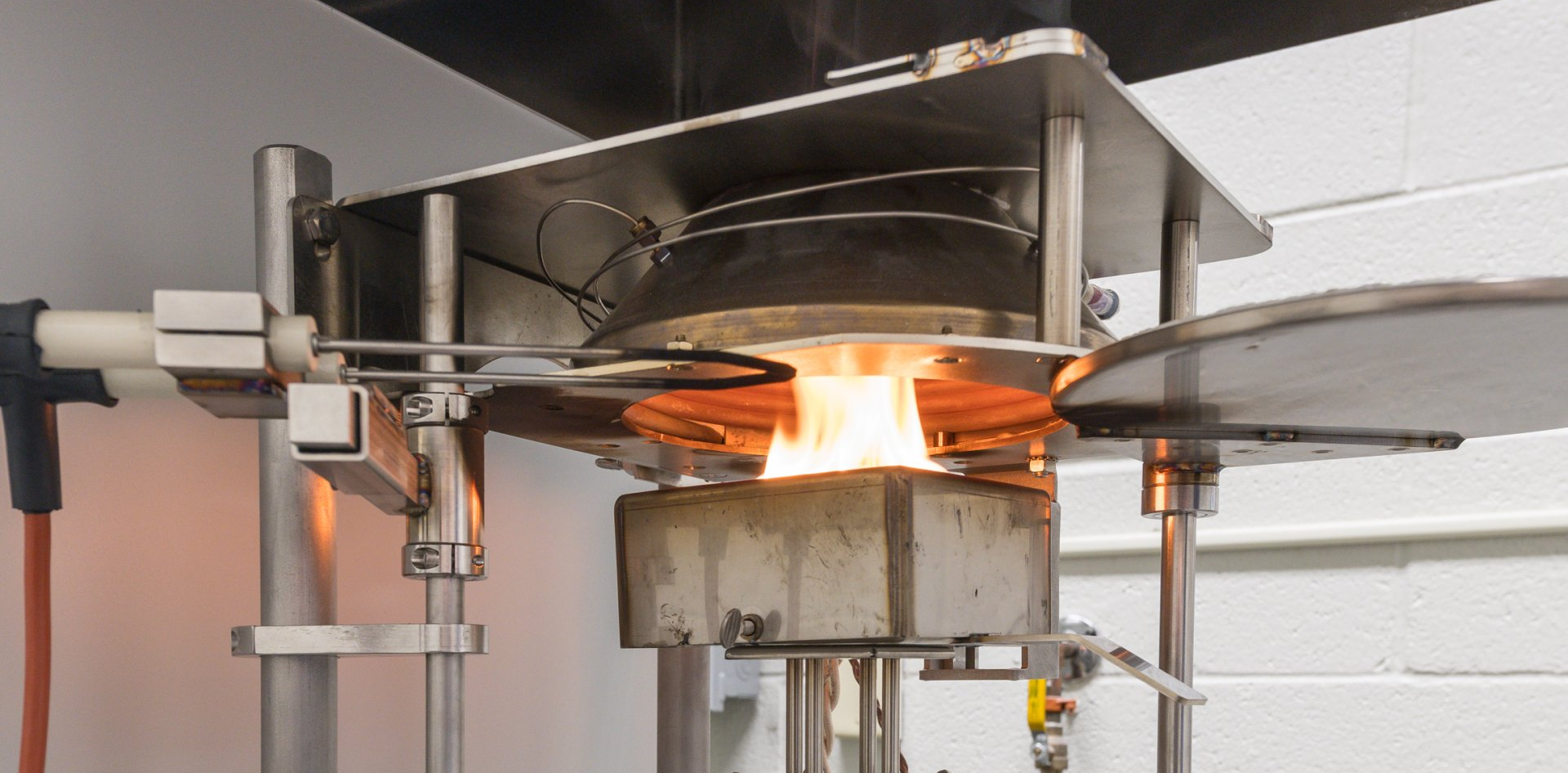
Capital Testing is pleased to announce the launch of our new accredited certification program for waste, rubbish, and laundry containers manufactured from low peak rate of heat release materials. The use of low-heat-release materials in waste bins and laundry containers is specified in several safety standards and fire codes, including the International Fire Code (IFC), NFPA Fire Code (NFPA 1), NFPA Life Safety Code (NFPA 101), NFPA Standard for Fixed Guideway and Transit Systems (NFPA 130), and even state-specific codes like the North Carolina Fire Protection Code (2018 NCFC Section 304.4). In general, these codes and standards require such products to be made of entirely noncombustible materials, or of materials that meet a peak rate of heat release not exceeding 300 kW/m 2 when tested in accordance with the ASTM E1354 cone calorimeter test at an incident heat flux of 50 kW/ 2 in the horizontal orientation. Since many of these products are made of combustible plastic, manufacturers typically need to comply with these peak rate of heat release requirements. Recent revisions to the IFC highlight the growing concerns about the impact these products can have on fire safety. In the 2024 IFC, Section 304 Combustible Waste Materials was revised to extend the above low-heat-release requirement to the following products and applications: -high-capacity (>40 gallon) waste bins; -dumpsters; -waste and linen containers used in health care facilities; and -waste containers used in dormitories and colleges The newly-created Appendix O in the 2024 IFC also includes a non-mandatory reference to this requirement for waste bins used for valet trash and recycling collection services in apartment complexes and other multifamily housing units. Enlisting Capital Testing to certify your products provides third-party attestation that it complies with these requirements, and helps differentiate your products from the competition. Certification also simplifies the verification process when a code official, fire marshal, or specifier requests proof of compliance. For more information about the certification process or to discuss your product-specific questions, contact Josh Hosen at josh@capitaltesting.org . Capital Testing’s newly-expanded ISO/IEC 17065 (certification programs) and ISO/IEC 17020 (inspection programs) scopes of accreditation can be found here: Certification Programs: https://www.iasonline.org/wp-content/uploads/2017/05/PCA-111-Cert.pdf Inspection Programs: https://www.iasonline.org/wp-content/uploads/2017/05/AA-716-cert-new.pdf To learn more about the ASTM E1354 test method, visit our cone calorimeter webpage or contact experts@capitaltesting.org for a quote.
Subscribe to our newsletter to keep up to date with the latest laboratory news, test offerings, and changes to industry standards.
Subscribe to our newsletter
ACCREDITATIONS
Capital Testing is accredited by the International Accreditation Service (IAS). Certificates can be found at the links below:
